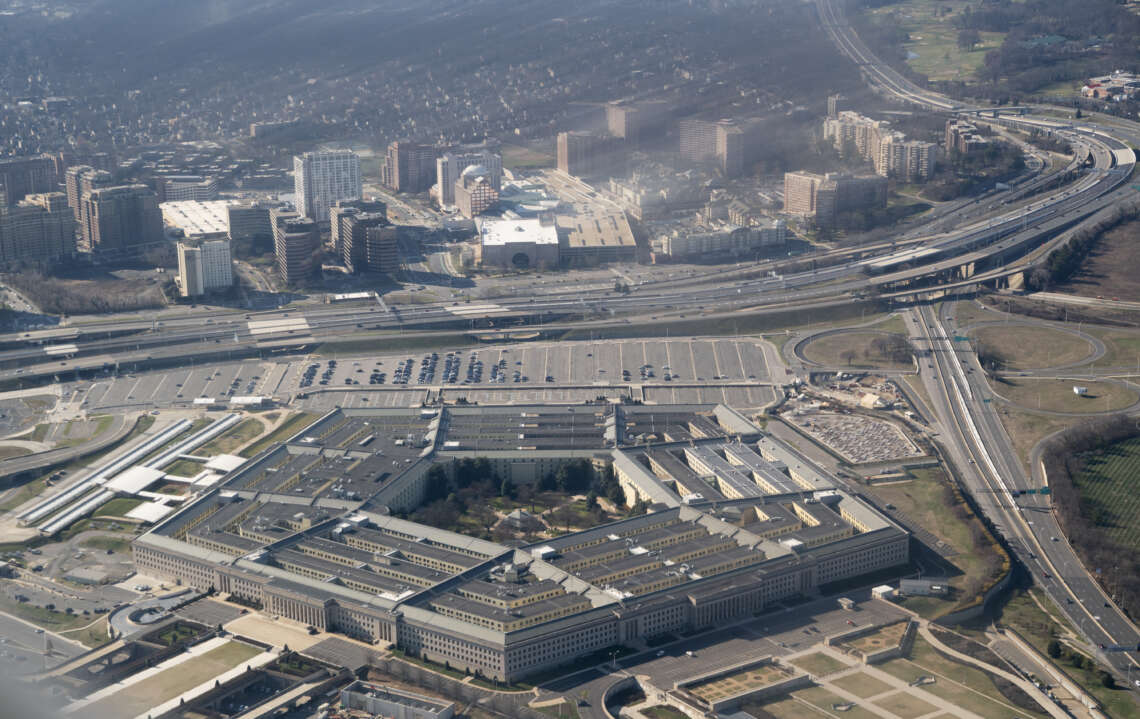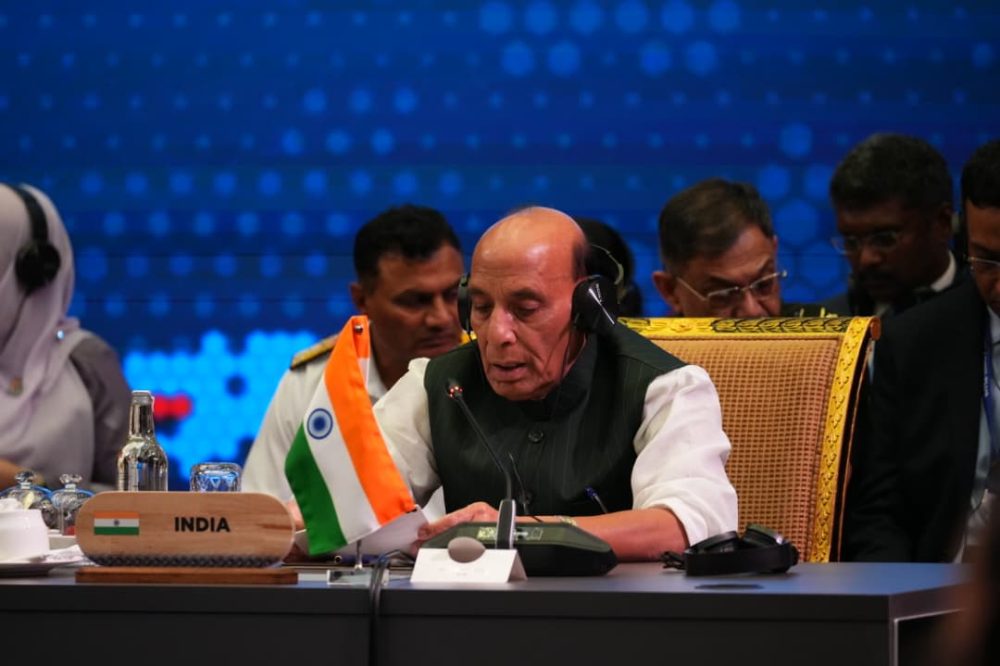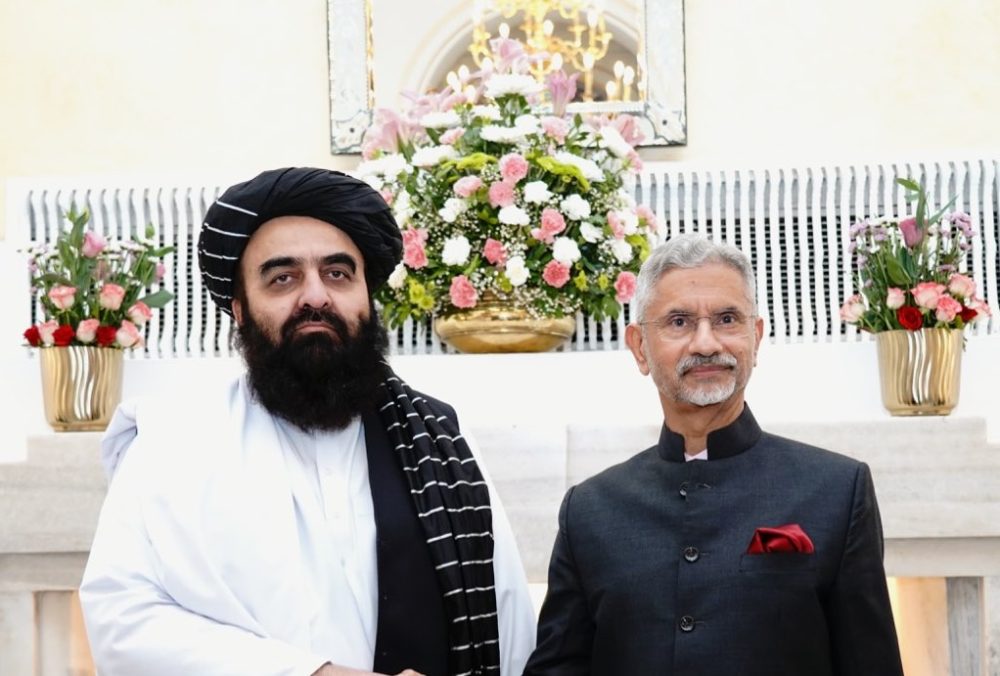The review aims to provide accountability and transparency, examining previous investigations and decision-making processes that led to the tragic event
The US Department of Defense has announced a comprehensive review of the 2021 military withdrawal from Afghanistan, which resulted in the deaths of 13 US service members and 170 civilians in a suicide bombing at Kabul airport. The review aims to provide accountability and transparency, examining previous investigations and decision-making processes that led to the tragic event. A Special Review Panel will be convened to analyse findings of fact, sources, and witnesses, ensuring a thorough understanding of what transpired.
“On August 26, 2021, Former US President Joe Biden’s administration led a chaotic withdrawal of US military and embassy officials from Afghanistan that led to the deaths of 13 US Service members and 170 civilians in a suicide bombing at the Kabul International Airport’s Abbey Gate,” according US Department of Defense
Further, US Secretary of Defense Pete Hegseth said that President Donald Trump and he “formally pledged full transparency for what transpired during our military withdrawal from Afghanistan.”
“The Department of Defense has an obligation, both to the American people and to the warfighters who sacrificed their youth in Afghanistan, to get to the facts. This remains an important step toward regaining faith and trust with the American people and all those who wear the uniform, and is prudent based on the number of casualties and equipment lost during the execution of this withdrawal operation,” the statement added. Hegseth noted that the Department has been “engaged in a review of this catastrophic event in our military’s history over the last three months.”
“I have concluded that we need to conduct a comprehensive review to ensure that accountability for this event is met and that the complete picture is provided to the American people. To meet this imperative, I am directing the Assistant to the Secretary of Defense for Public Affairs (ATSD-PA) and Senior Advisor, Sean Parnell to convene a Special Review Panel (SRP) for the Department who will thoroughly examine previous investigations, to include but not limited to, findings of fact, sources, witnesses, and analyse the decision making that led to one of America’s darkest and deadliest international moments,” as per US Department of Defence.
“This team will ensure accountability to the American people and the warfighters of our great nation,” the statement added.
Meanwhile, Pakistan’s Deputy Prime Minister and Foreign Minister Ishaq Dar departed for a three-day official visit to China on Monday. He is travelling to Beijing at the invitation of Chinese Foreign Minister Wang Yi, ARY News reported. For his visit to China from May 19-21, Dar is accompanied by Pakistan’s Special Representative for Afghanistan, Mohammad Sadiq. This marks his first visit to China since India and Pakistan agreed for the cessation of hostilities
During the visit, Dar will hold talks with his Chinese counterpart Wang Yi on the evolving regional situation in South Asia and its implications for peace and stability, his office announced in a statement.
The two sides will review bilateral ties and exchange views on regional and global developments of mutual interest. Dar’s visit forms part of the ongoing high-level exchanges between Pakistan and China. It also underscores the shared commitment of the two nations to further strengthen the ‘All-Weather Strategic Cooperative Partnership.’
Dar will also hold a meeting with the Chinese Prime Minister, ARY News reported, citing sources. Taliban-appointed Foreign Minister Ameer Khan Muttaqi will arrive in China on May 20.
Foreign Ministers of China, Afghanistan and Pakistan will hold a trilateral meeting in Beijing, ARY News reported, citing sources. The three leaders will discuss the current regional situation in the wake of tensions between India and Pakistan, as per sources. According to sources, the leaders will also discuss the promotion of mutual trade and security cooperation.
Tensions between India and Pakistan rose following the terrorist attack in Jammu and Kashmir’s Pahalgam, which claimed the lives of 26 people and injured several others. In response to the Pahalgam terrorist attack, Indian Armed Forces launched Operation Sindoor in the early hours of May 7, targeting nine terror sites in Pakistan and Pakistan-occupied Jammu and Kashmir (PoJK), leading to the death of over 100 terrorists affiliated with terror outfits like the Jaish-e-Mohammed (JeM), Lashkar-e-Taiba (LeT) and Hizbul Mujahideen (HM).
Following the attack, Pakistan retaliated with cross-border shelling across the Line of Control and Jammu and Kashmir as well as attempted drone attacks along the border regions, following which India launched a coordinated attack and damaged radar infrastructure, communication centres and airfields across airbases in Pakistan. On May 10, India and Pakistan reached an understanding on the cessation of hostilities.









